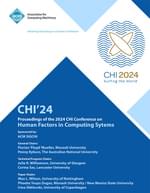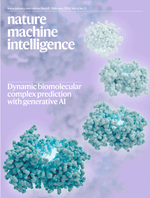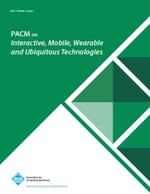Decentralised social media ‘increases citizen empowerment’, says Oxford study
Researchers from an Oxford Martin School programme have reported findings from a paper exploring the motivations and challenges in running decentralised social media such as Mastodon, concluding such platforms offer potential for increased citizen empowerment in this digital domain.









